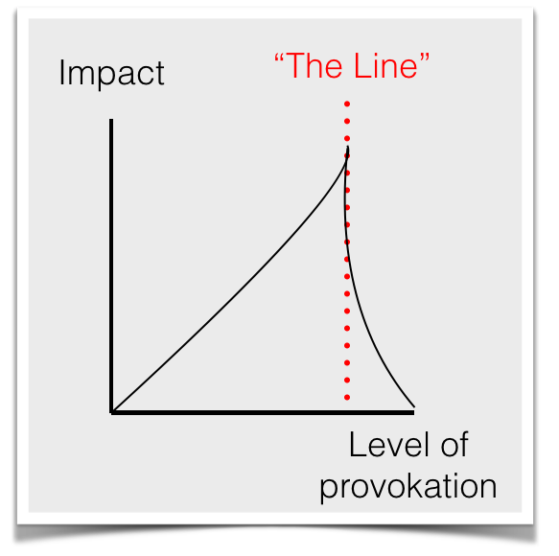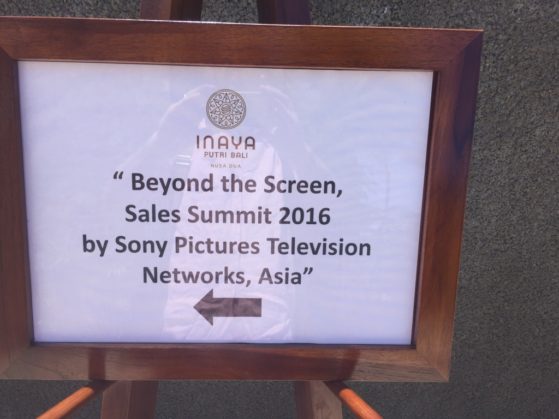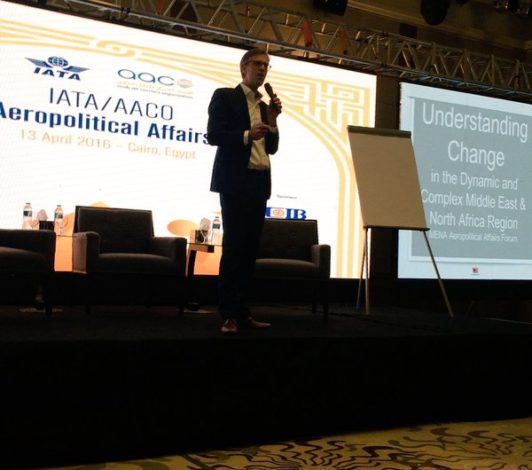
(New York, USA)
As a speaker should you try to provok your audience? Can you, for example, provoke Americans about 9/11 in a speech?
I am guessing many people would say “No”.
Well, today I did. For an audience of American bankers (on Manhattan!) I provoked them about why it took the USA so long to rebuild the World Trade Center.
The ability to provoke is one of the most powerful – and therefor also one of the most dangerous – tools we have in our toolkits as speakers.
Some speakers look at “provokation” as a dirty word, as a way of giving rise to a negative or unwelcome emotion.
They look at it as something evoking a negative respons that we as speakers should not aim for.
I see it differently.
To me the ability to provoke is a beautiful thing.
For even if “provoke” mostly has a negative connotation is can also mean to “stimulate or incite (someone) to do or feel something.”
And to “Stimulate someone to feel something” is the essence of what we do as speakers.
To be able to use provokation as a tool we first have to understand how it works.
Push the audience to become a little bit provoked and you get them to feel something, which makes it easier for them to take in a new message.
Push them too far and you loose the audience as they turn on you.
I have illustrated the effect in this simple graph:

The trick is to stay on the right side of “The Line of Provokation.” – or I guess I should say “stay on the correct side”, as you should aim to stay on the LEFT side, not go to the RIGHT… ;-D
So how to you know where the line is?
You don’t, and that is what makes this technique so difficult to use.
You basically have to “feel” the audience to get a feeling of how far you can take them along the road of provokation.
But, you might ask yourself: Why use a technique that tricky to use and which risks having the audience turn on you?
Because when it works it’s so powerful.
And the real magic comes when you learn to balance just on the edge of the line of provokation.
When you push them and JUST as they are starting to turn on you, you pull back and create a “safer” environment only to go back to pushing again as the audiences starts to feel more comfortable.
It’s like dancing with tigers. One wrong move and you get cut badly.
So why do it: Because when it works, it creates one hell of an impact.
Lesson: Don’t cross the line of provokation – but stay as close to it as you can.



